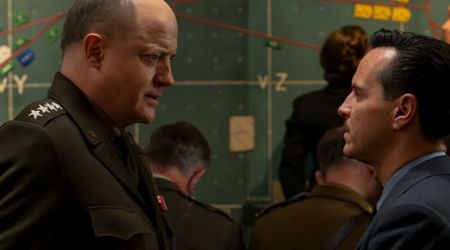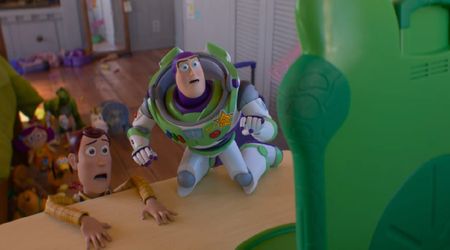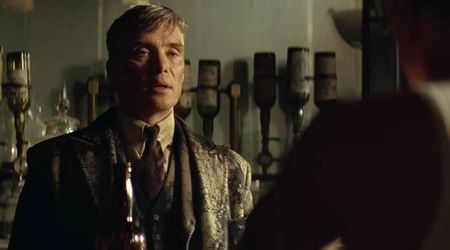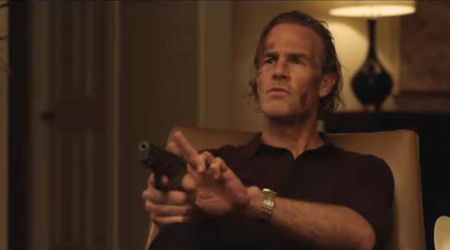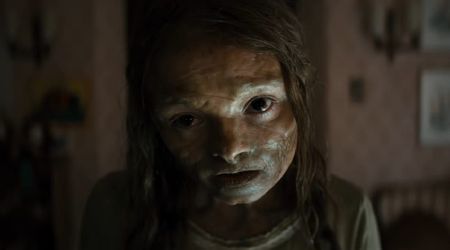Netflix's 'Hillbilly Elegy' Review: Glenn Close's Mamaw makes dull adaptation of memoir a worthy watch

Spoilers for 'Hillbilly Elegy'
Netflix's 'Hillbilly Elegy' is an adaptation of author JD Vance's 2016 memoir titled 'Hillbilly Elegy: A Memoir of a Family and Culture in Crisis'. The memoir sparked many a debate when it came to its authenticity. It speaks of social issues such as a family history of poverty, violence, alcoholism, abuse, addiction, and lack of jobs as JD compares his life in Middletown, Ohio to after he left the area.
The memoir speaks of JD's mother, grandmother, and grandfather and their struggles as he embedded personal experiences to that of political ones speaking of "hillbilly culture" and "social rot." While the movie was supposed to adapt the memoir, it sidelined much of the political, conversational, and debate-worthy themes focusing more on the familial aspect. While Gabriel Basso's adult JD Vance and Amy Adams's Bev are respectable, we'd have to say that Glenn Close's ferocious Mamaw jumps out the screen with Oscar-worthy vigor.
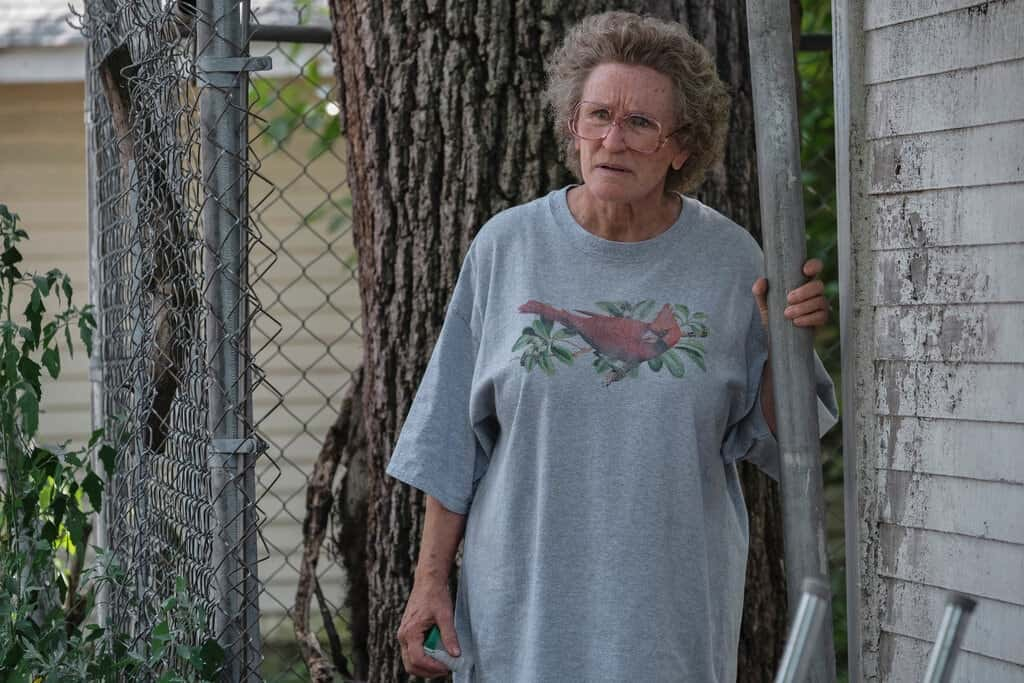
The movie takes time to portray JD as clearly as it possibly can - the son of a troubled drug-addicted mother Bev, grandson to a chain-smoking grandmother Bonnie aka Mamaw, brother to a supportive and uplifting sister, Lindsay (Haley Bennett), and eventually boyfriend to fellow student Usha (Freida Pinto). It paints his life and that of his sisters as a string of consequences that resulted from decisions made by his mother and grandmother, who had a relationship where yelling seemed to be the only line of control. JD's journey of wanting and trying for success that seemed so desperately far away on a path that his family wasn't meant to trek is aspirational to say in the least, but at times heavily overshadowed by the relationships he's surrounded by.
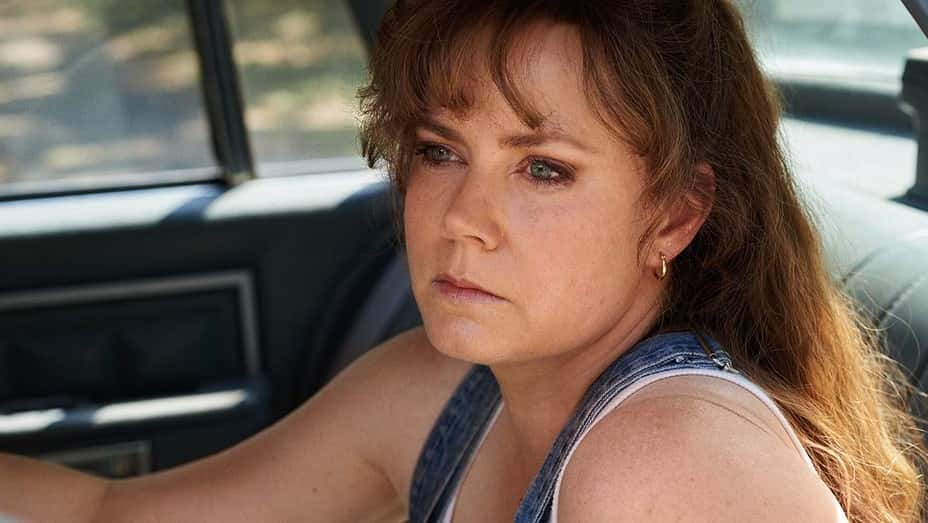
The movie takes audiences back and forth using the ever so handy method of flashbacks - we see JD as a kid (Owen Asztalos) in Kentucky growing up to calling Middletown, Ohio, home. While he's at Harvard Law School, after making it out of Middletown, the marines, and an undergraduate career at Ohio State University, he is bluntly called home by his sister Lindsay after his mother overdosed on heroin. At this point in his life (and the story) JD was interviewing for internships, and Mamaw and Papaw (Bo Hopkins) are long gone. The story takes the long-form route of painting us a picture of the lack of stability JD had as a child and therefore subjected us to intense argumentative matches between his intensely unstable mother, and grandmother. We can understand to some extent why the themes of family, addiction, poverty, growing up, and others as such these were taken to be part of the limelight since it is the most relatable part of the story.
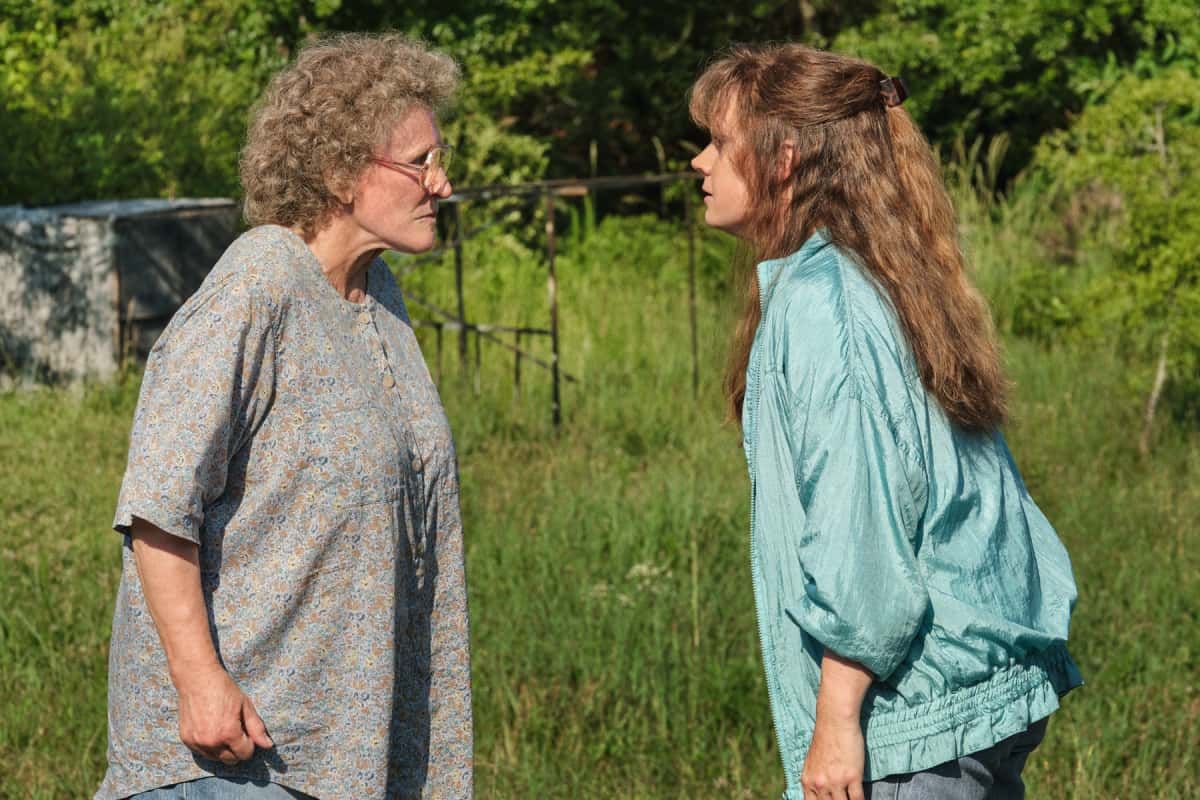
The raw display of truth is widely anticipated and appreciated, but the political frankness of the memoir is rarely highlighted - if so, it's done in glimpses. Not to mention, even though JD is expected to be the protagonist or the center of attention, we see the importance a bit more misplaced on Bev and Mamaw --which frankly, to some extent would make sense considering JD's story runs so often parallel to theirs. While the almost 2-hour-film will have you dredge through murky familial outbursts, Mamaw, the "evil witch of McKinley Street," highlights the epitome of a strong fierce structured guardian - one that makes a grim story worth the watch.
'Hillbilly Elegy' is now available to stream on Netflix.


